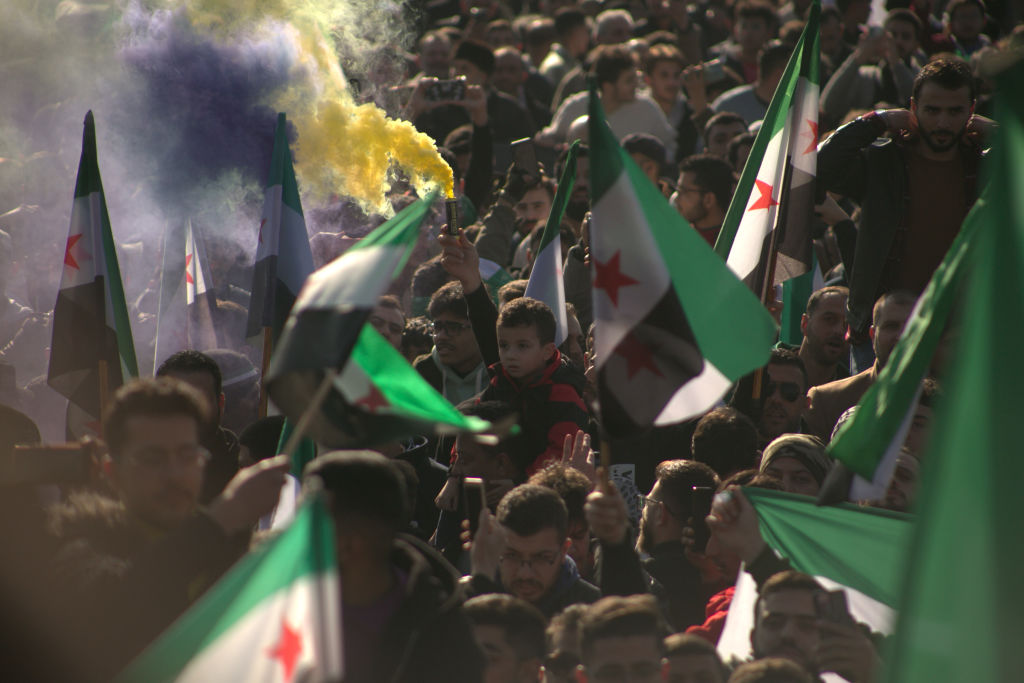The rebel group that led the ouster of Syrian President Bashar al-Assad – Hayat Tahrir al-Sham (HTS) – has long been under United Nations sanctions, which the U.N. special envoy for Syria Geir Pedersen has described as “a complicating factor for all of us.”
Formerly known as the Nusra Front, HTS was al Qaeda’s official wing in Syria until breaking ties in 2016. Since May 2014 the group has been on the United Nations Security Council al Qaeda and Islamic State sanctions list, and subjected to a global assets freeze and arms embargo.
A number of HTS members are also under U.N. sanctions – a travel ban, asset freeze and arms embargo – including leader Abu Mohammed al-Golani, who has been listed since July 2013.
Diplomats have said there are currently no discussions about removing the U.N. sanctions on the group. The sanctions do not prevent communication with HTS.
WHY ARE THERE U.N. SANCTIONS ON HTS AND GOLANI?
U.N. sanctions were placed on Nusra Front because the group was associated with al Qaeda and it was “participating in the financing, planning, facilitating, preparing, or perpetrating of acts or activities” with or in support of al Qaeda and recruiting and the supporting the activities of al Qaeda.
“In January 2017, Nusra Front created Hayat Tahrir al-Sham (HTS) as a vehicle to advance its position in the Syrian insurgency and further its own goals as Al-Qaeda’s affiliate in Syria,” according to the U.N. sanctions list.
“Although the emergence of HTS has been described in various ways (for example as a merger or as a name-change), Nusra Front has continued to dominate and operate through HTS in pursuit of its objectives,” it said.
Golani was also sanctioned for being associated with and working for al Qaeda.
HOW COULD U.N. SANCTIONS BE REMOVED?
A U.N. member state can at any time submit a request to lift sanctions on an entity or person to the 15-member Security Council Islamic State and al Qaeda sanctions committee.
If the request is made by a country that did not initially propose the name for U.N. sanctions, then the committee will make a decision by consensus.
If the de-listing request is made by the country that did initially propose the name for sanctions, then the name will be removed from the list after 60 days – unless the committee agrees by consensus that the measures should remain.
But if there is no consensus, a member can ask that the request be referred to the Security Council for a vote within 60 days.
It was not immediately clear which countries proposed Nusra Front and Golani for sanctions.
A sanctioned person or entity can also ask for measures to be removed by contacting an independent ombudsman – a position created by the council in 2009 – who reviews the request.
If the ombudsman recommends a name remain on the list, it will stay. If the ombudsman recommends a name be removed, the sanctions are lifted after a process that can take up to nine months – unless the committee agrees by consensus to take action earlier or refers it to the council for a possible vote.
(Reuters)




















